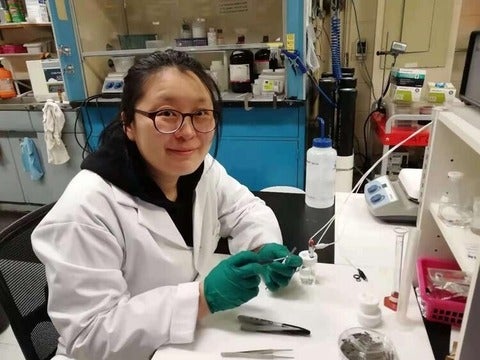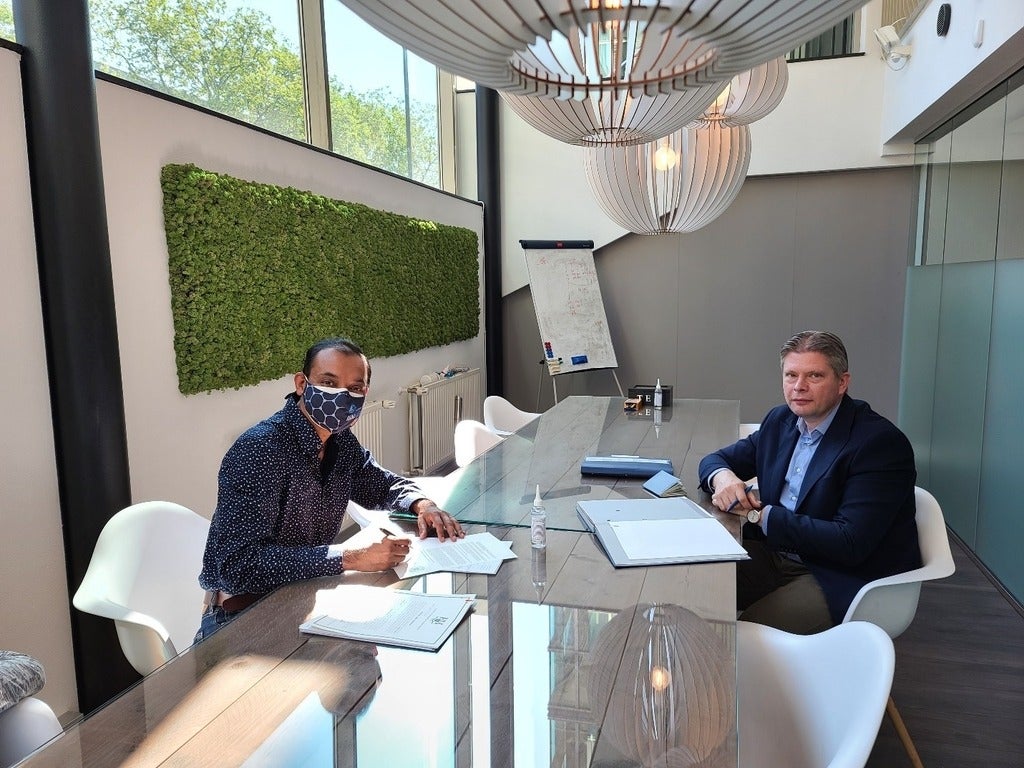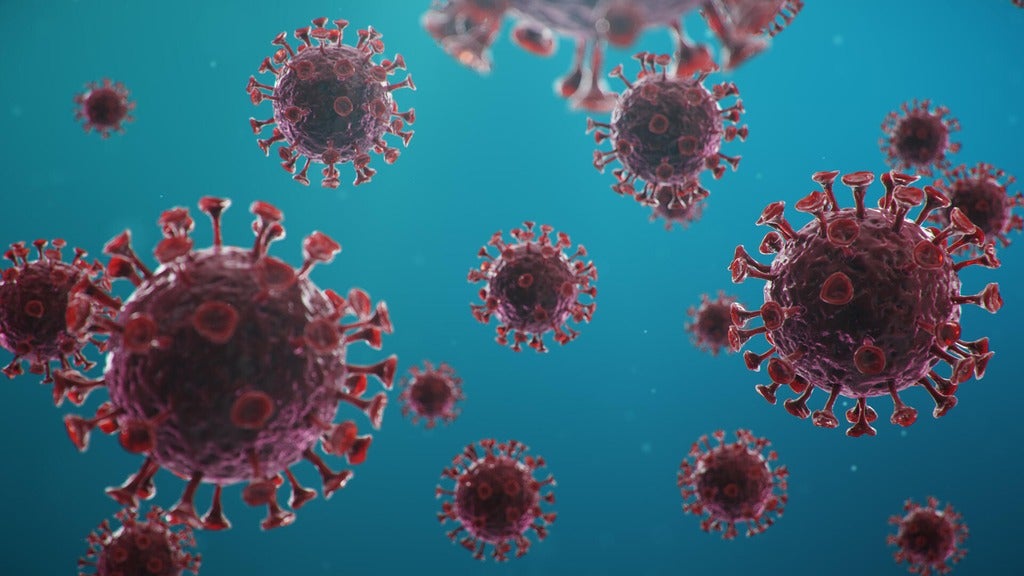Alfred Yu wins Steacie fellowship to pursue high-risk, high-reward research
For now, Alfred Yu is focused on two distinct lines of research as he works to develop the next generation of ultrasound technology – one involving diagnosis and the other involving therapy.
But when he looks ahead, the University of Waterloo biomedical engineer can see a day when the two converge in a single, powerful tool to guide and deliver medical treatment at the same time.





